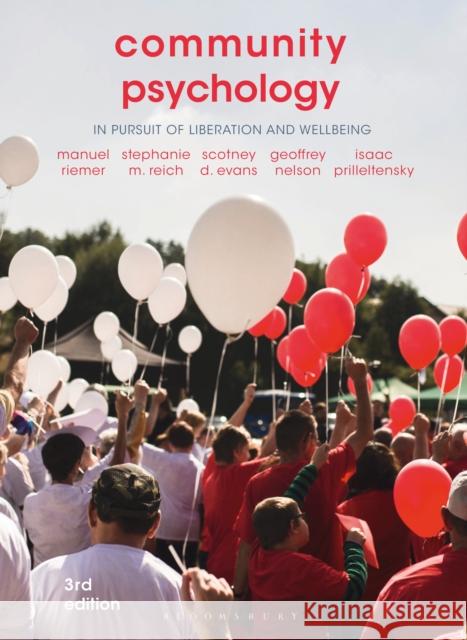Community Psychology: In Pursuit of Liberation and Well-Being » książka
topmenu
Community Psychology: In Pursuit of Liberation and Well-Being
ISBN-13: 9781137464095 / Angielski / Miękka / 2020 / 576 str.
Kategorie:
Kategorie BISAC:
Wydawca:
Bloomsbury Publishing PLC
Język:
Angielski
ISBN-13:
9781137464095
Rok wydania:
2020
Wydanie:
2020
Ilość stron:
576
Waga:
1.08 kg
Wymiary:
25.65 x 19.56 x 2.79
Oprawa:
Miękka
Wolumenów:
01











